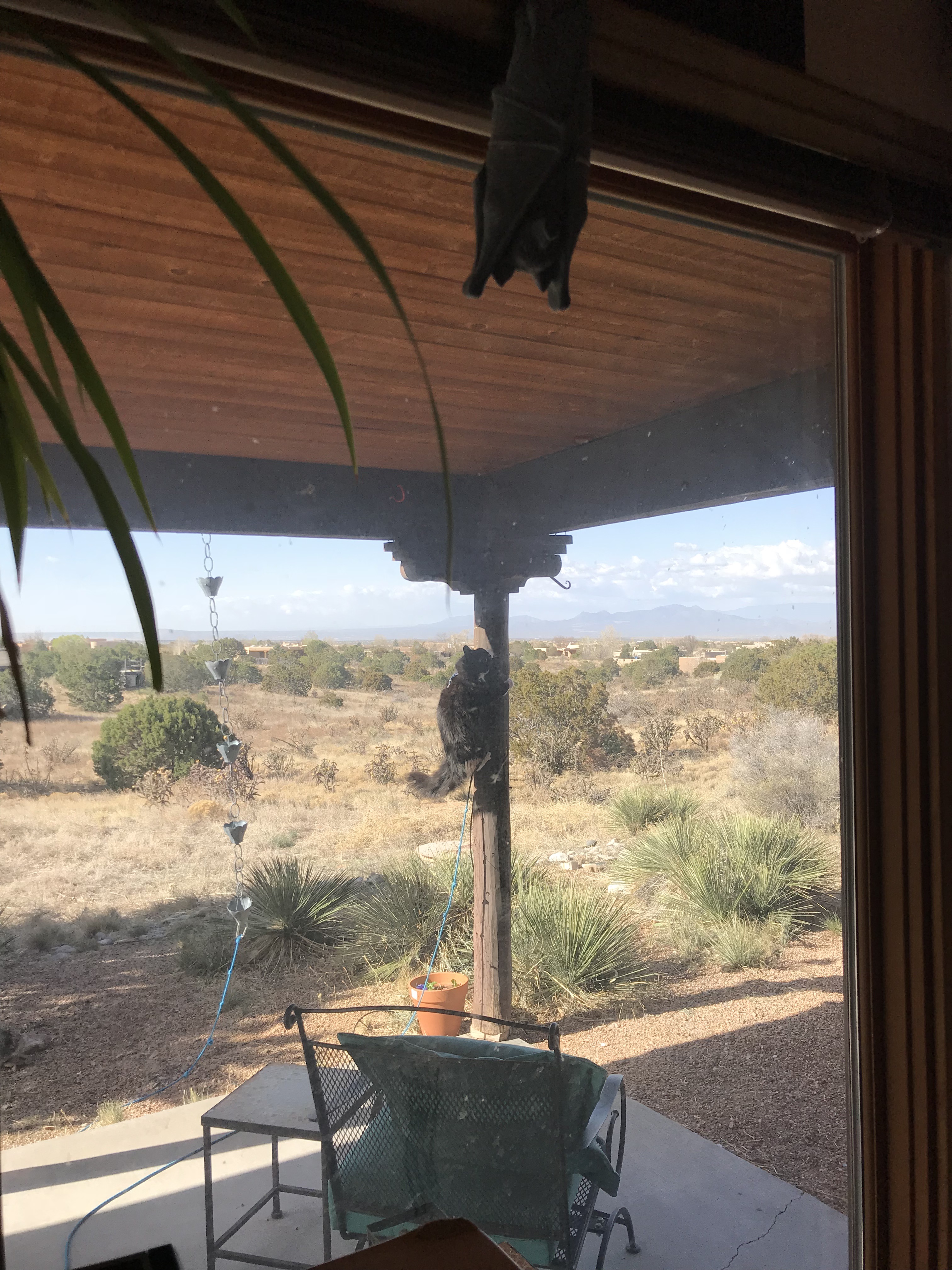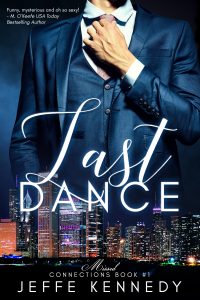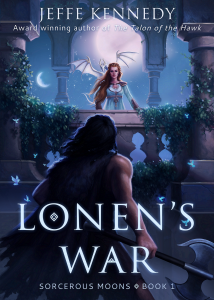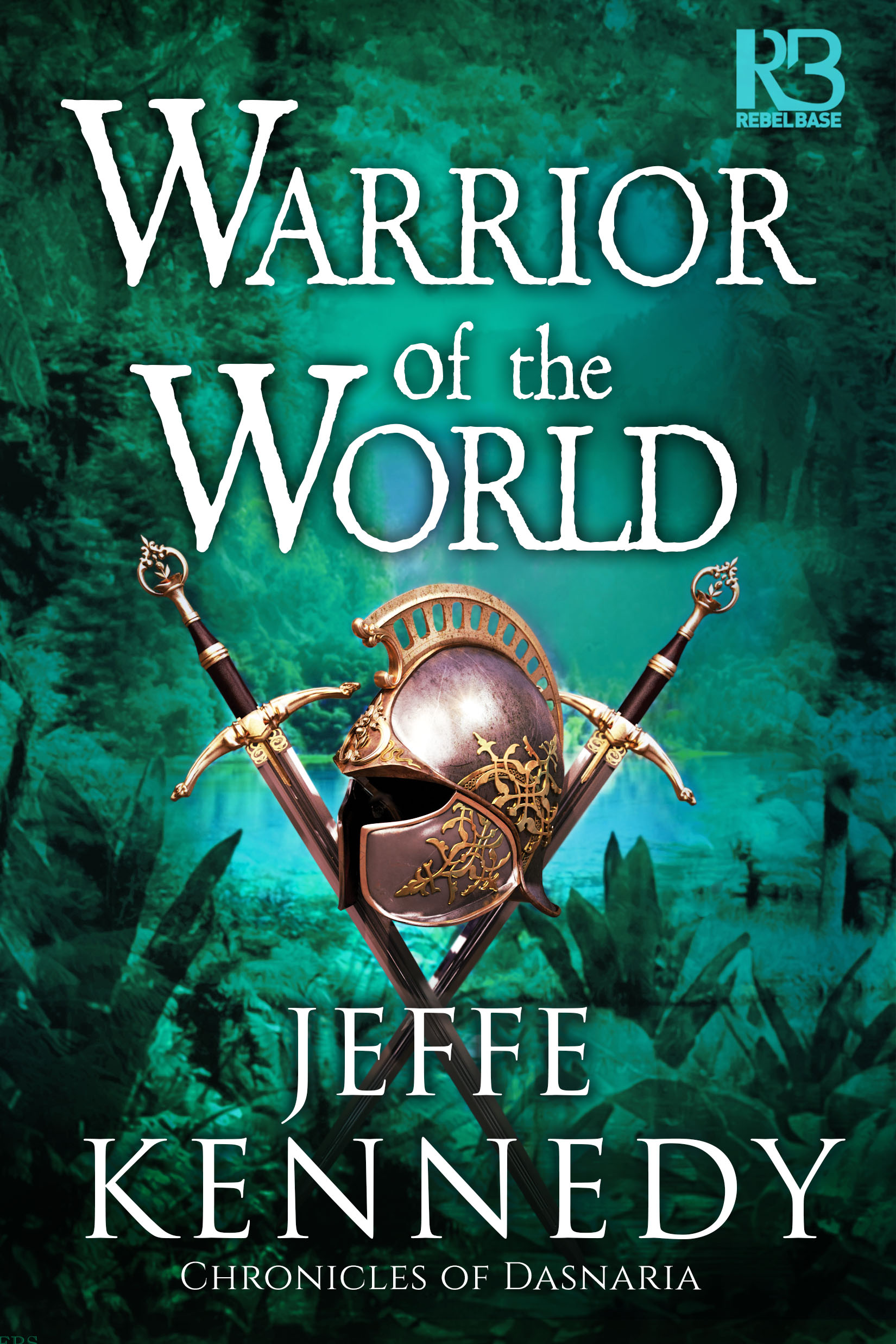 Yesterday we revealed the cover of THE ARROWS OF THE HEART!
Yesterday we revealed the cover of THE ARROWS OF THE HEART!
Isn’t it pretty?? Plus: CLUES.
And yes, I’m writing it and it’s coming along. Here’s a little snippet that amused me greatly:
***
Finding myself staring, pruriently fascinated, I decided to pour more [tea]. “Why do you refer to Her Highness Queen Andromeda by her title, but Her Majesty High Queen Ursula you call by any number of irreverent nicknames?”
“Irreverent nicknames,” he echoed, sounding vastly amused. “Because, my sweet Dasnarian, Queen Andromeda is my queen, Queen of the Tala. No matter how many documents my mossback cousin might draft declaring her majestyness, Annfwn and the Tala don’t belong to her and her cluster of acquired realms.”
“But Annfwn is the thirteenth kingdom of The Thirteen Kingdoms,” I pointed out. “That’s the law. Doesn’t such irreverence make you a—” I glanced about, to be sure no eager ears lurked nearby to overhear. “A traitor,” I whispered.
“A traitor?” Zyr shrieked, clutching his hands to his heart. He’d popped his chair up onto its two hind legs, so it wobbled wildly with his gesticulations, threatening to pitch him over the edge. “Oh, no! Save me, someone—the big, bad mossbacks are coming to get me!”
***
There’s a bit of insight into my process, too. The [tea] in square brackets like that means I haven’t decided what they’re drinking yet. So, rather than get distracted while I’m writing, I just put square brackets around anything I need to revisit. Then it’s easy to go back later and search for those.
So, I know I hoped for May on this, but some deadlines imposed by my traditional publisher got in the way and I had to set this aside. I’m hoping for June, but it might be July. Very early July, though! I notice my assistant is judiciously saying “Summer 2018.” She is wise.
But, once I’m confident of my progress, etc., we’ll get the preorder links up.



 It’s starting to be spring here. One of the things I love about the early blossoms like these crocus is how they push up from the bracken, surprising me with their sudden spots of color.
It’s starting to be spring here. One of the things I love about the early blossoms like these crocus is how they push up from the bracken, surprising me with their sudden spots of color. 



